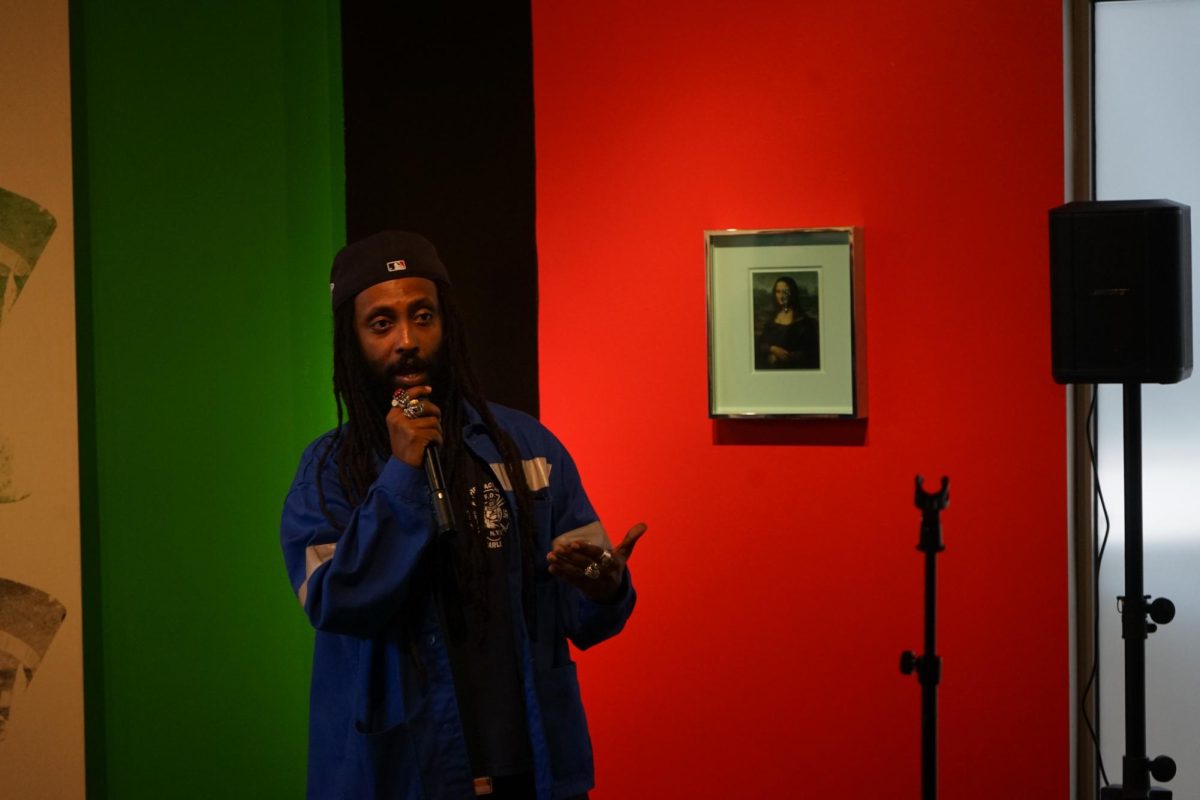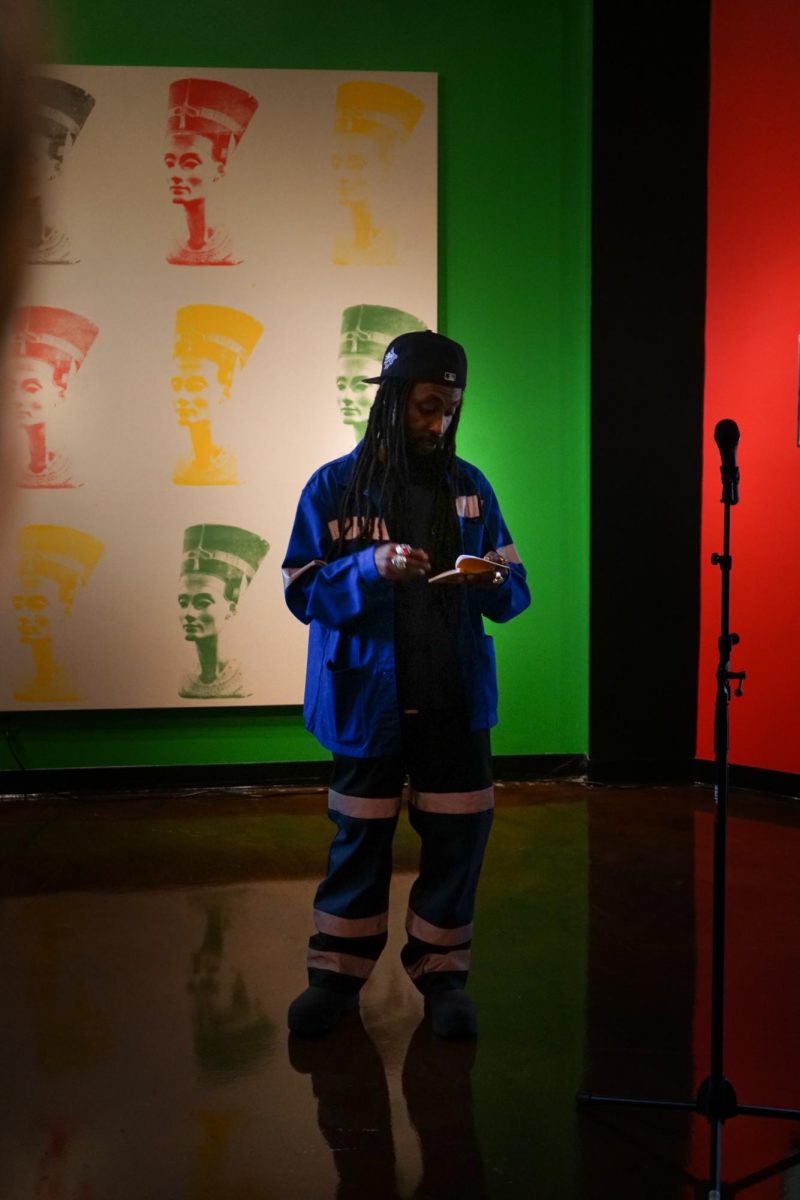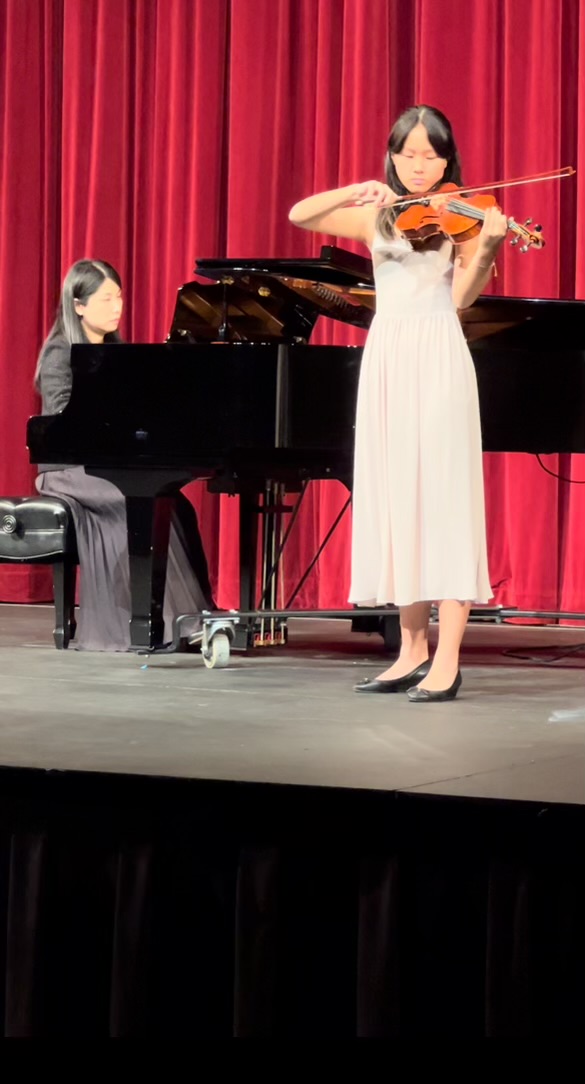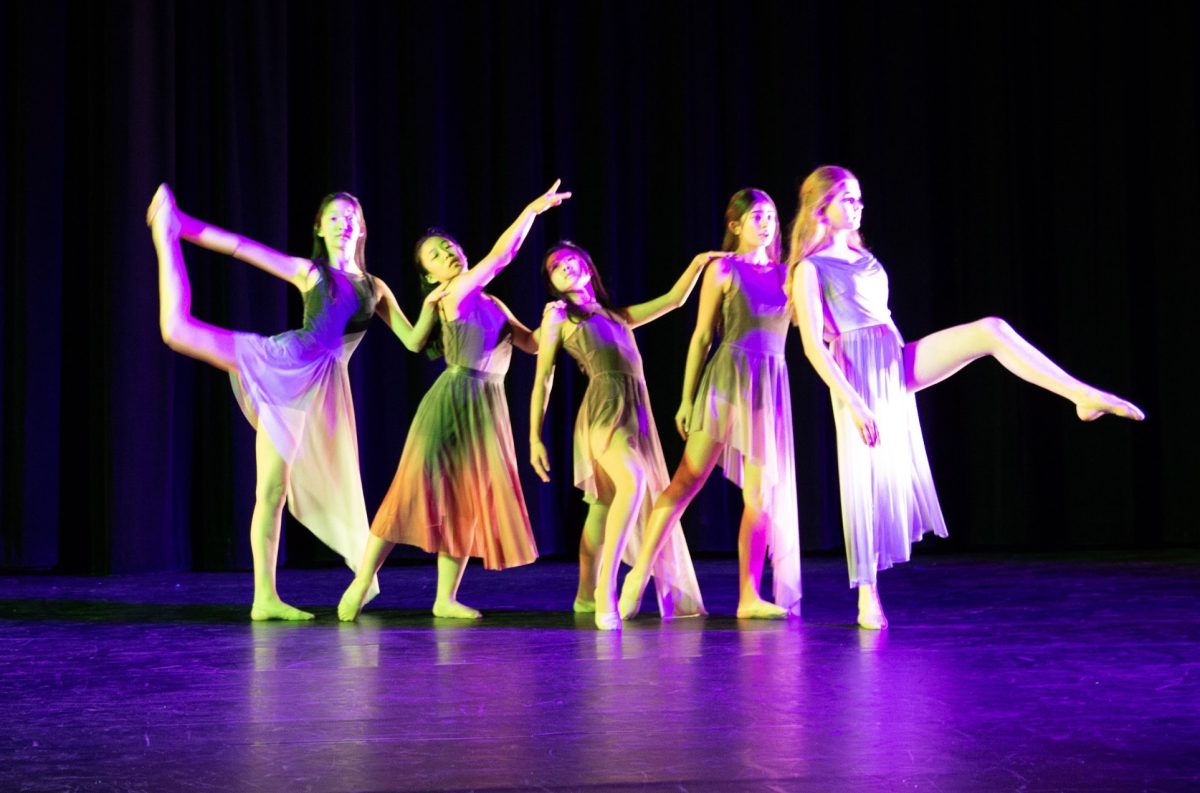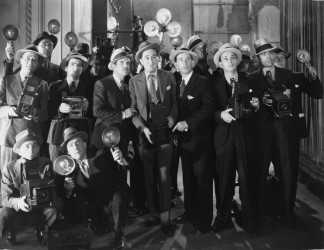“Survival of the Fittest:” a phrase to excite. Something about the best rising to the top by any means, usually violent, has fascinated people for ages. Perhaps it’s a primal instinct or just tucked away bloodlust rising to the occasion. Whatever it is though, it’s been used in all sorts of mediums to entertain.
From the Gladiators of Rome to the Greek story of the Minotaur to even wrestling’s “Royal Rumble,” last–man–standing competitions have always been around, or at a minimum have been told of in myth or legend. Recently, however, the idea was compacted into something more specific, a genre: Battle Royale.
Twenty years ago, Koushun Takami published a controversial novel that followed students being forced to kill off their classmates in an organized event. The book gruesomely touches on every detail of the situation, and the movie adaptation, released a year later, generated even more controversy. The film was banned in Germany, received a rare R-15 rating in Japan and was not released in the U.S. for more than 10 years.
Despite the morality of the story leading to much dissension, “Battle Royale” gained a huge cult following. It deserves all of the love it gets. It’s a fantastic book with great characters that one truly connects to, making every inevitable death all the more heart–wrenching. In addition, the tone is handled masterfully, switching seamlessly between being, heartfelt, funny, and gruesome . Despite how good it was, I don’t think anyone could have foreseen the huge impact it would have on pop culture.
The story takes place in a dystopian world, where an annual trial run by the government called “The Program” kidnaps 42 students and places them on a deserted island, armed with one simple warning: “If more than one of you is alive in the next 72 hours, we’ll kill you all.“ they are then sent out onto the island, some equipped with weapons, some without, and are forced to kill each other. Though the book frequently switches perspectives, it mainly follows one student, Shuya Nanahara, as he is torn over survival and morality. Does that plot sound familiar? It should.
Despite how good “Battle Royale” was, I don’t think anyone could have foreseen the huge impact it would have on pop culture. “The Hunger Games“ is a young adult novel published in 2008 by Suzanne Collins, and it’s plot, which due to its popularity I feel I don’t have to explain, and even so kind of already did, draws heavily from Takami’s “Battle Royale.” Unlike the Japanese book however, which has gained only a cult following, The Hunger Games is, besides the Harry Potter saga, the highest selling young adult series of all time.
And, inspirations from “Battle Royale” stretch even further. Take Fortnite, for example, and the slew of other hugely popular video games in that genre; the extension of the title is “Fortnite: Battle Royale,” a phrase that has grown into popularity recently but was originally coined by Takami.
All in all, “Battle Royale” is a fantastic book, but I would recommend it to people for more than just that. So much of pop culture can trace back to “Battle Royale,” and I think some of the joy in reading it is to be able to see the influence it’s had.
